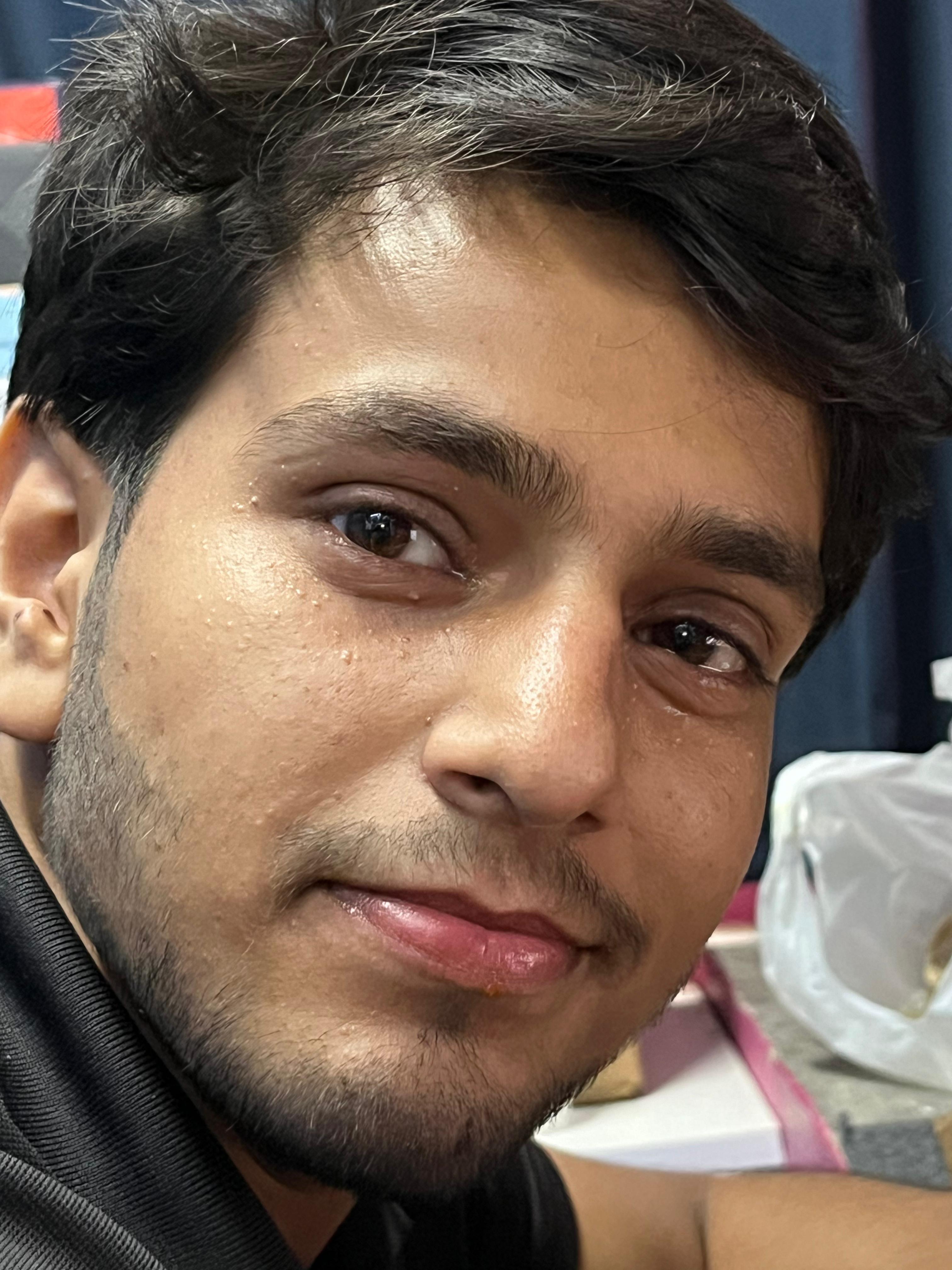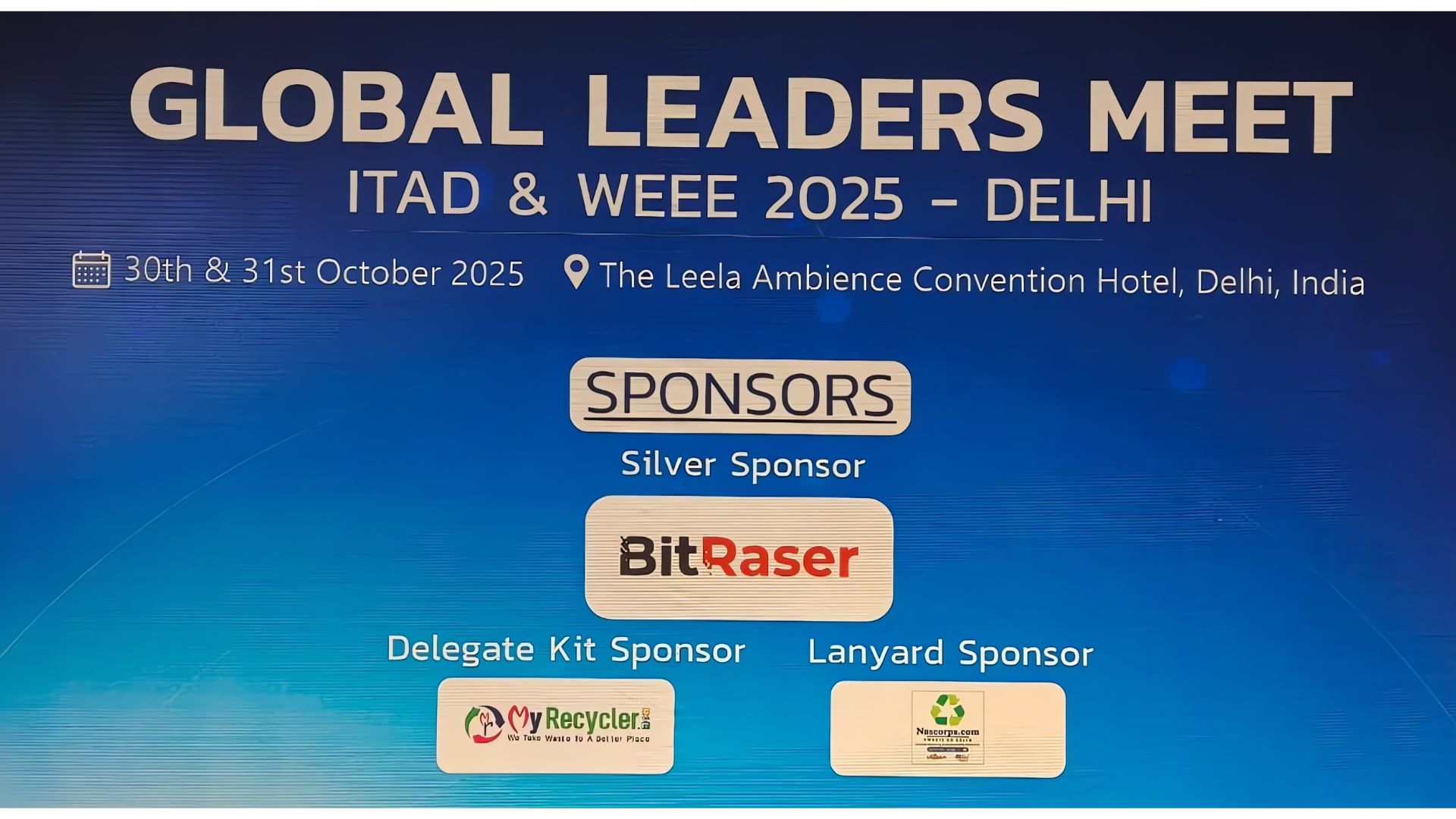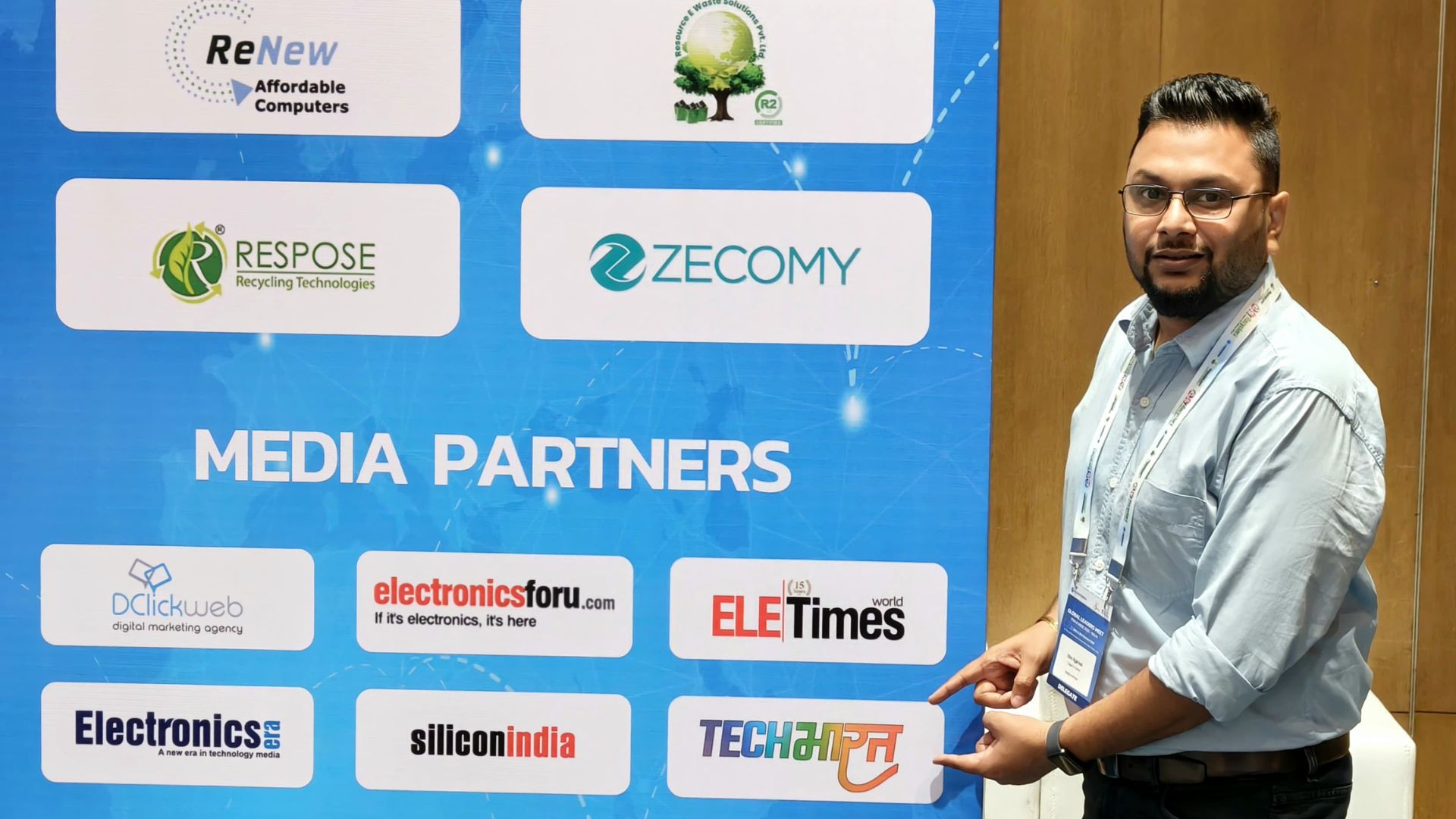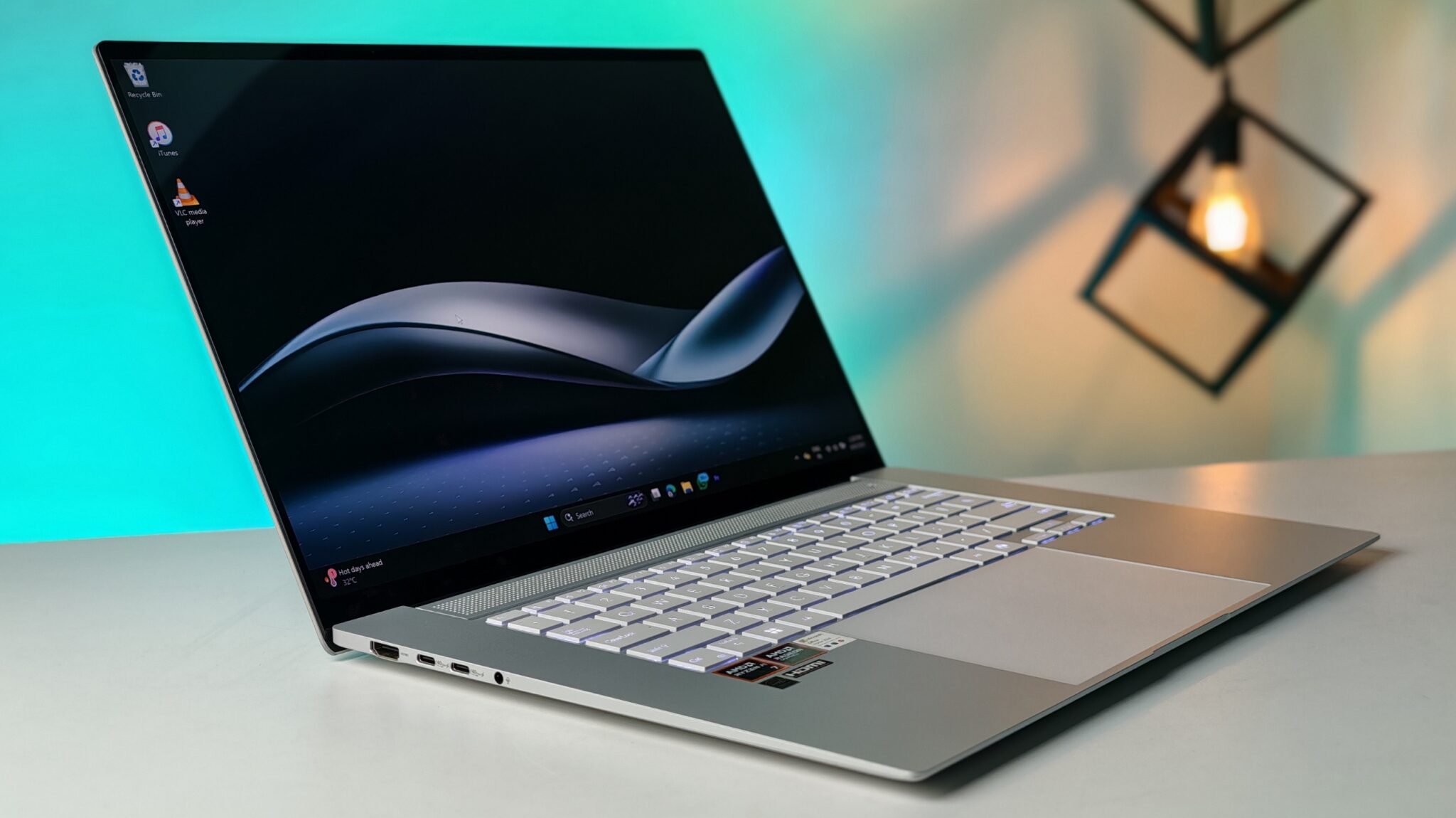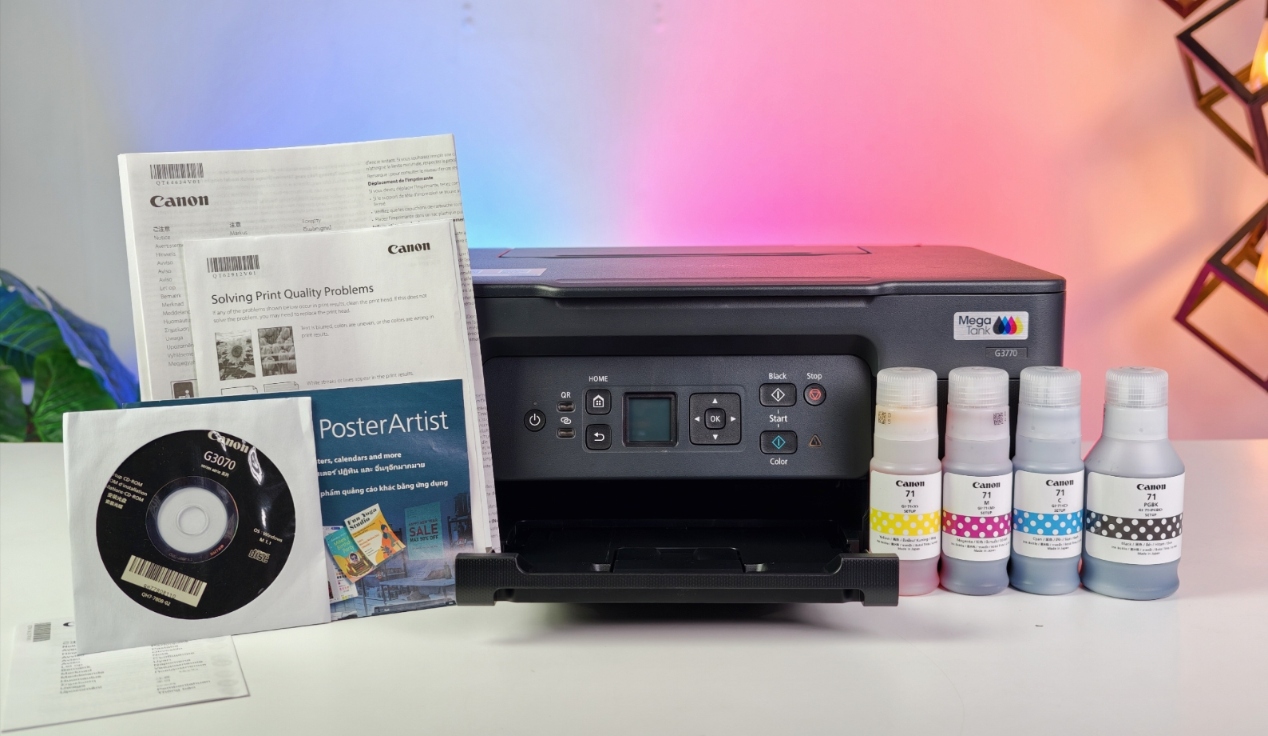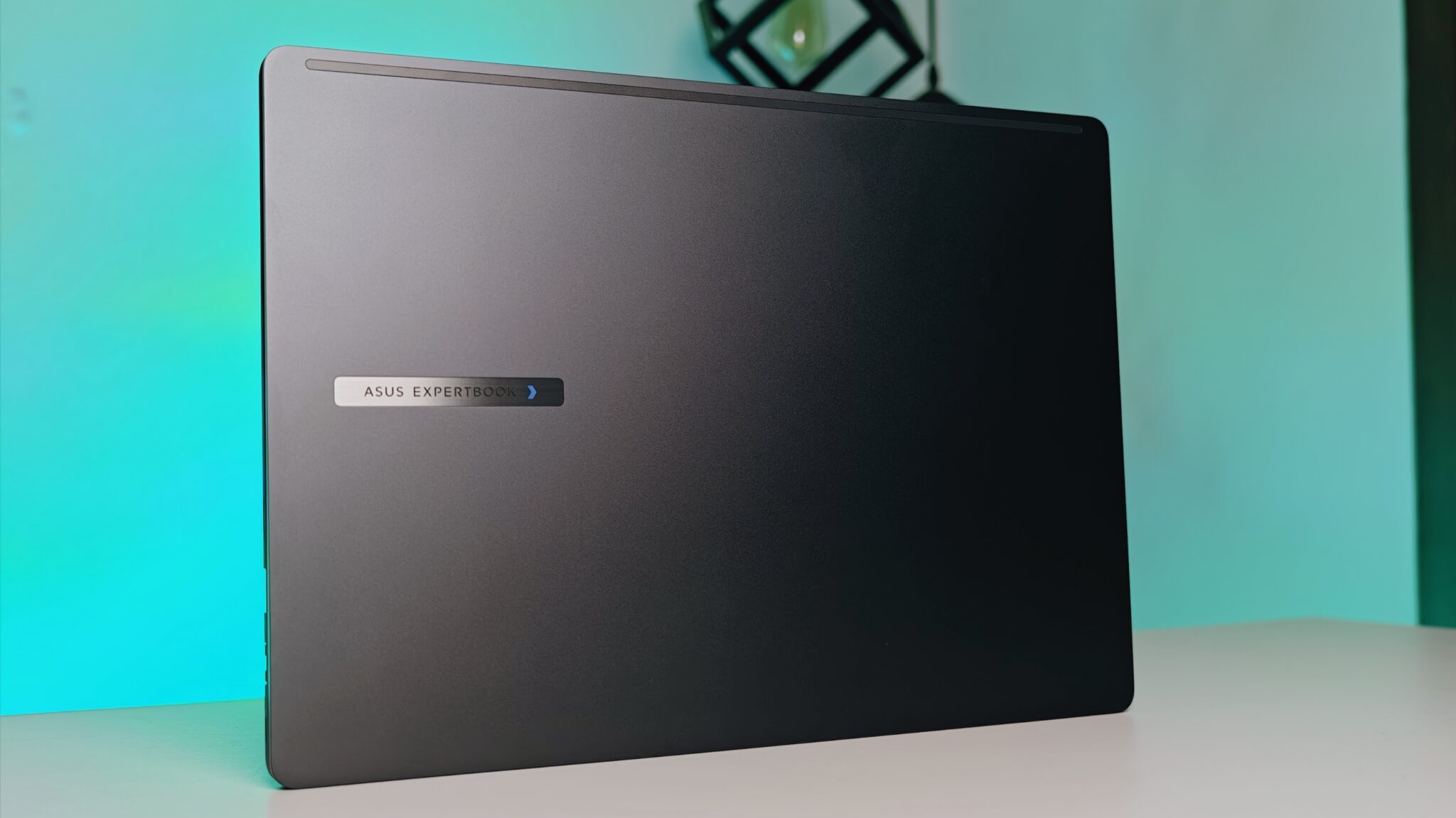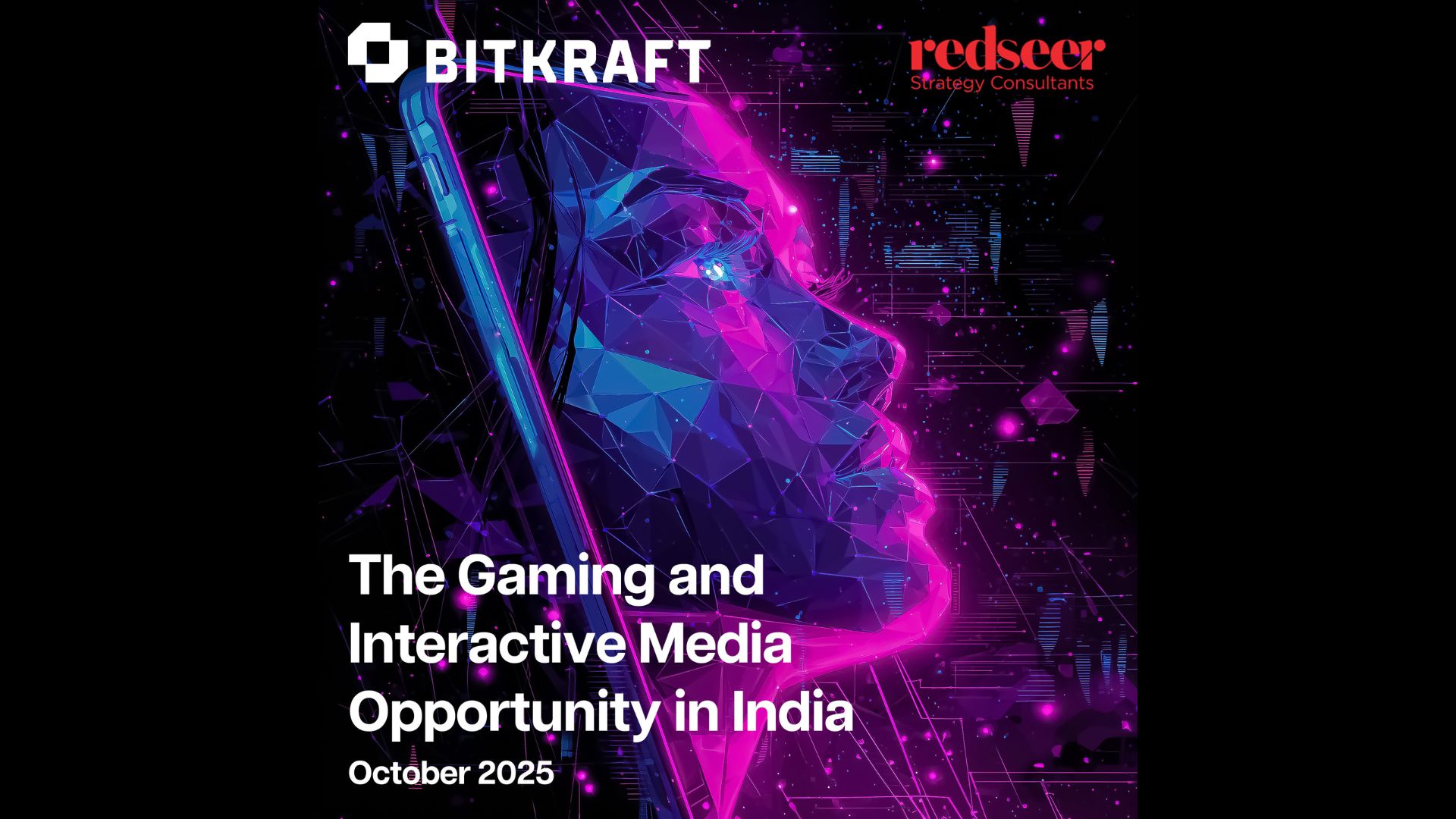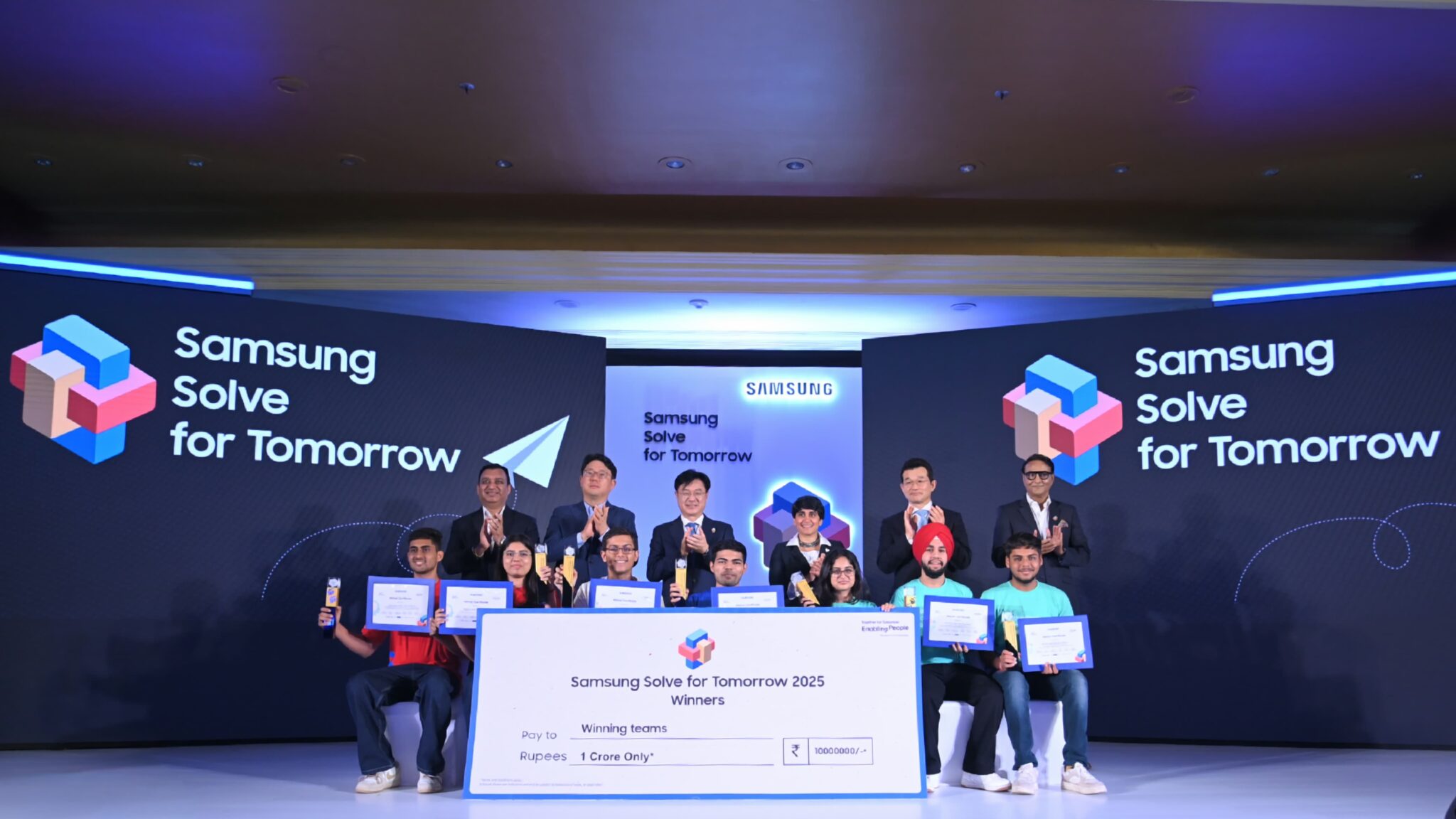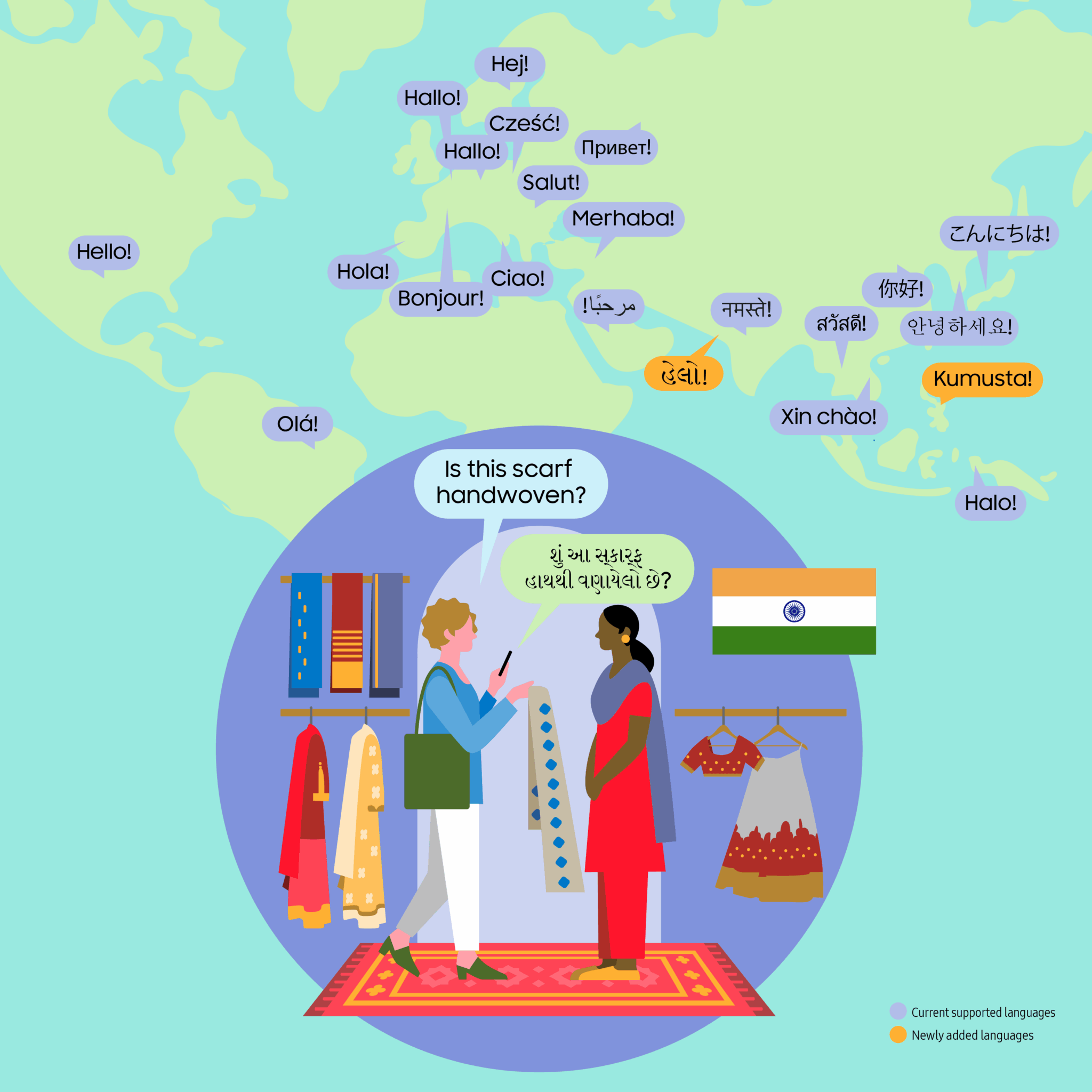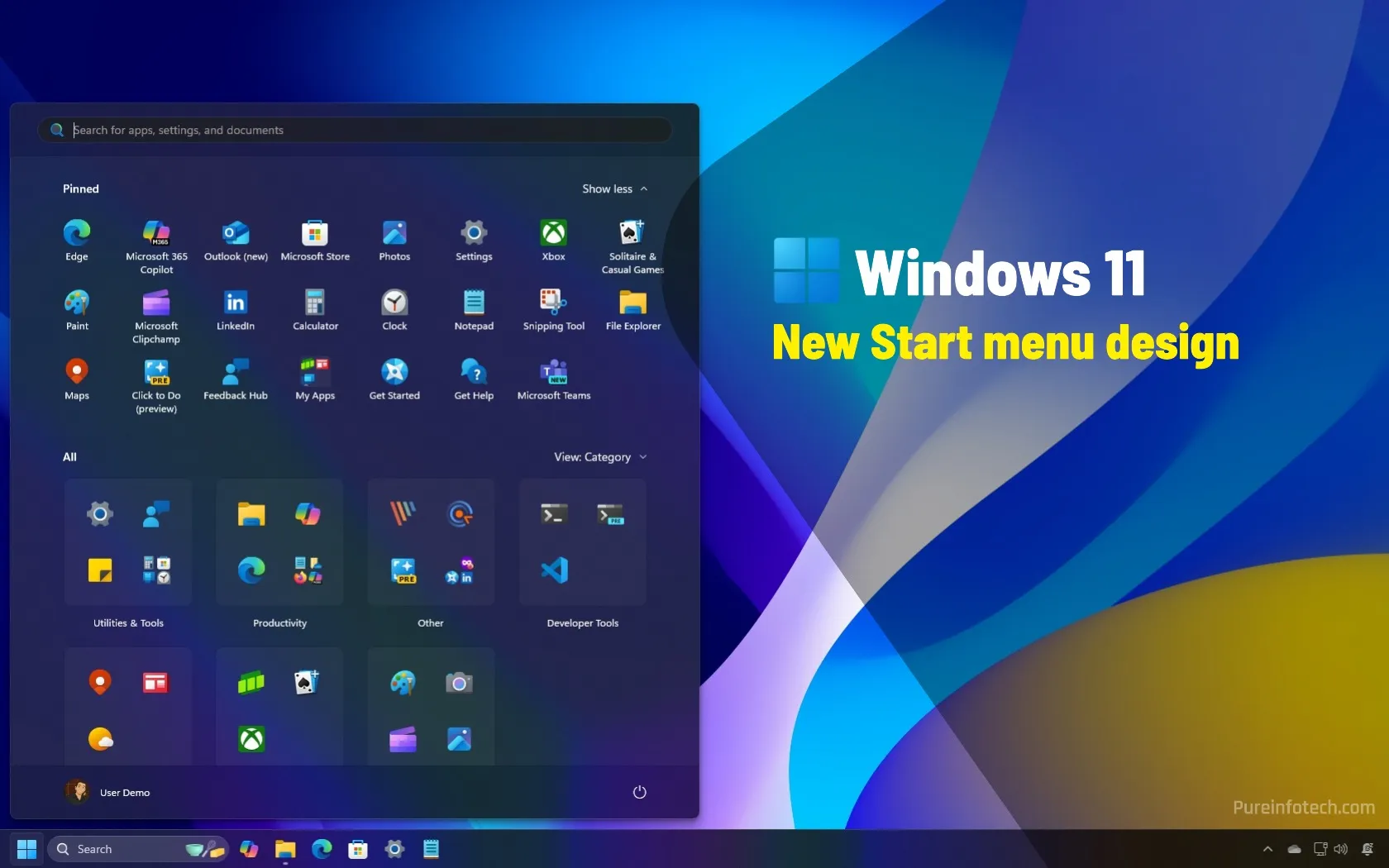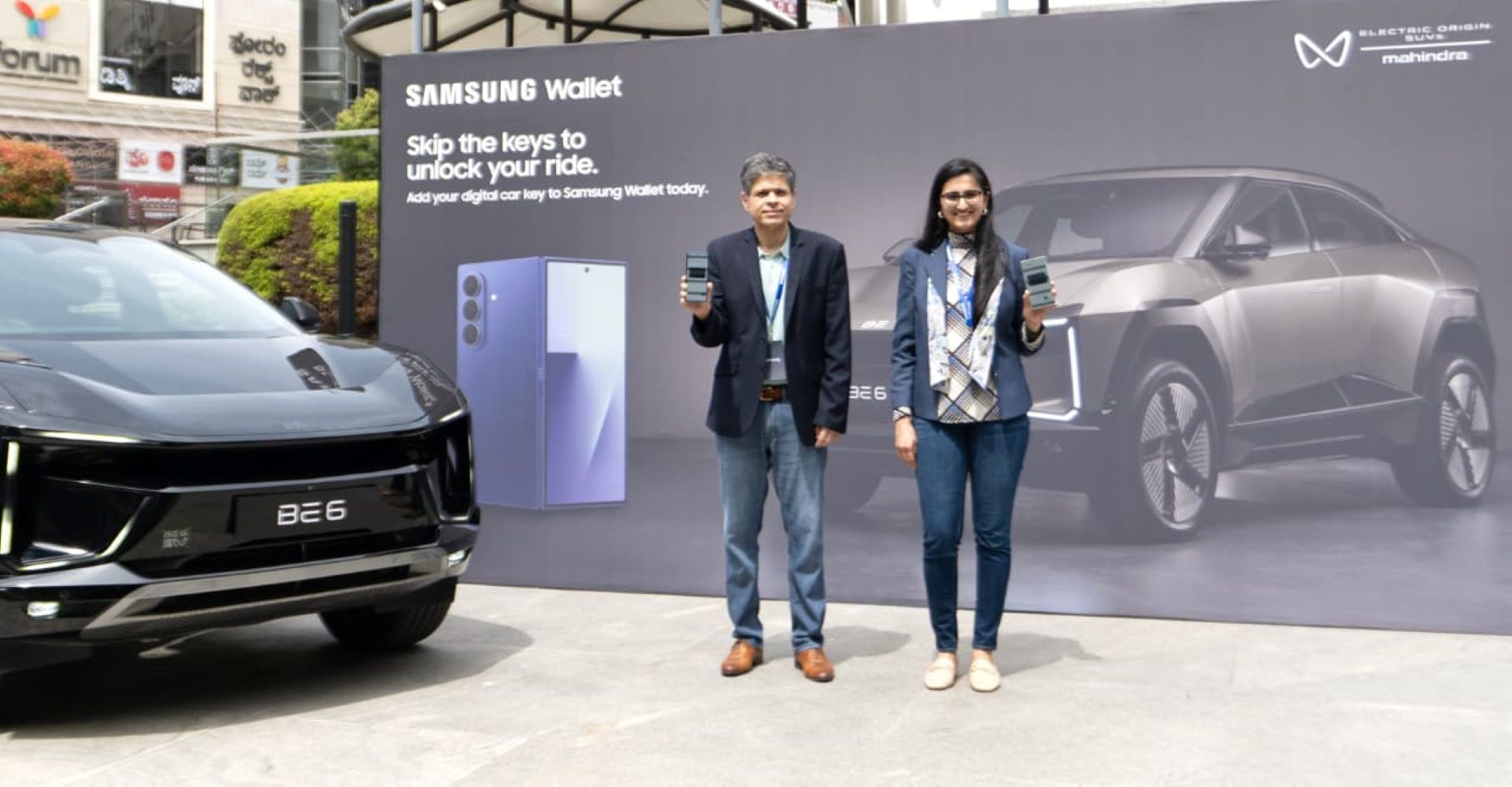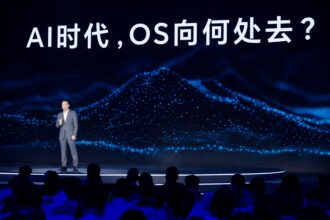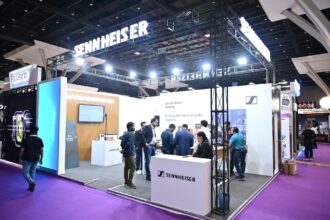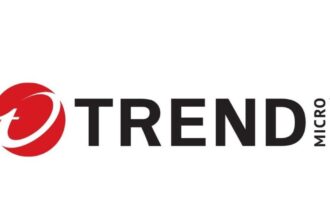Global Leaders Meet kicked off in Delhi at The Leela Ambience Convention Hotel, bringing together a diverse mix of industry experts, policymakers, and business leaders. The two-day conference, running from October 30th to 31st, centers around some of the most pressing issues in Information Technology Asset Disposition (ITAD), Waste Electrical and Electronic Equipment (WEEE), and the broader vision for India’s circular economy.
Day 1 wrapped up with several crucial takeaways, while Day 2 is currently underway, continuing the conversation around data protection, sustainability, and the future of responsible e-waste management.
Key Highlights from Day 1
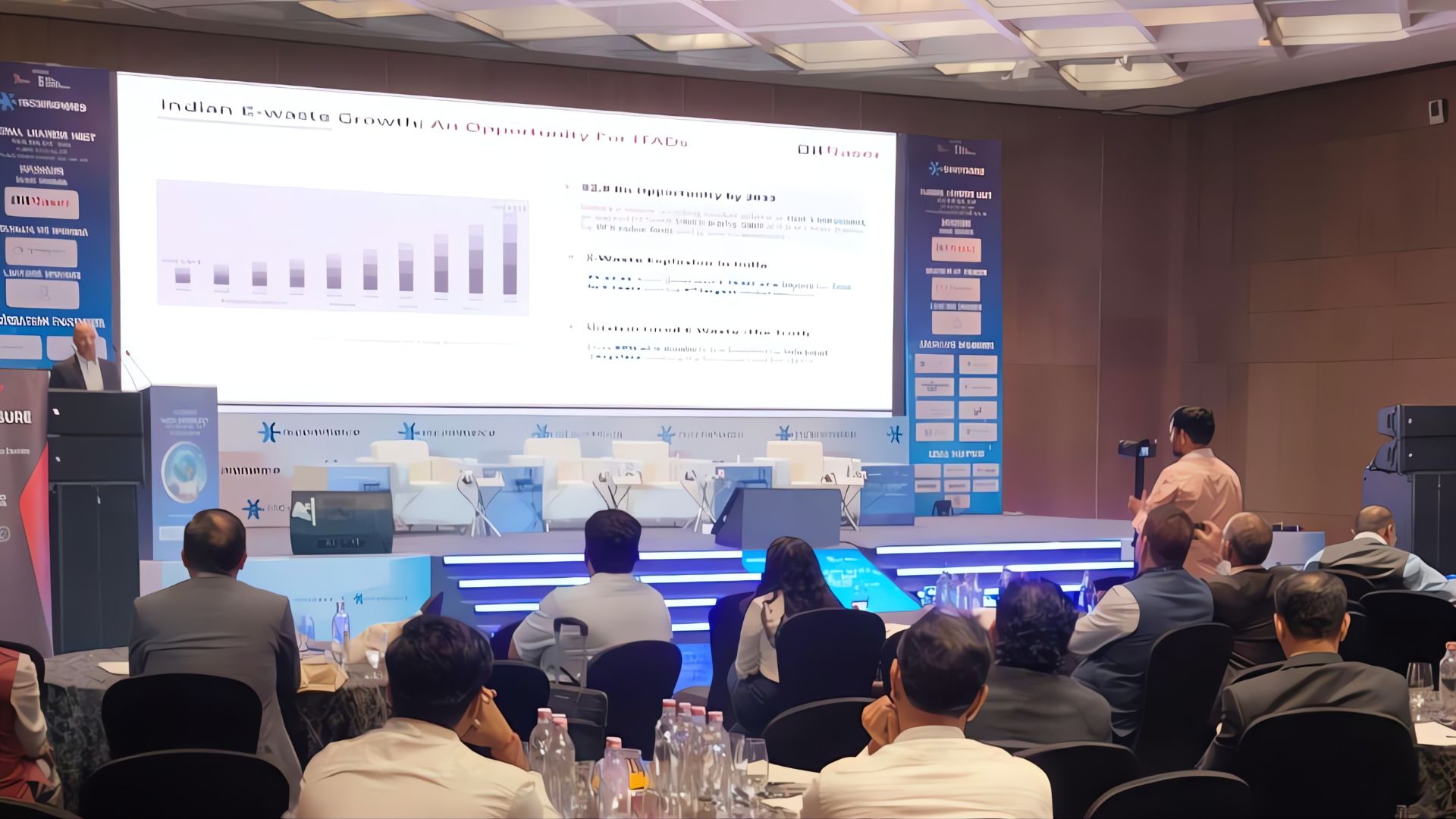
The opening day set a strong tone. Industry leaders and officials from various State Pollution Control Boards shared insights into the growing challenges and opportunities in India’s e-waste sector.
A major highlight was the morning session on “The 5 Big Growth Drivers” shaping India’s device refurbishment industry—a topic that has been gaining significant momentum as the country shifts toward a more circular tech economy.
Throughout the day, several panel discussions explored issues such as data security in data centers, traceability in e-waste collection, and WEEE waste stream management. Experts also debated on ESG compliance, carbon footprint reduction, and India’s evolving potential to position itself as a global hub for electronics refurbishing.
The event was organized by itad.recommerceeco.com in collaboration with the Pollution Control Board.
Sessions on Refurbishing and Data Security
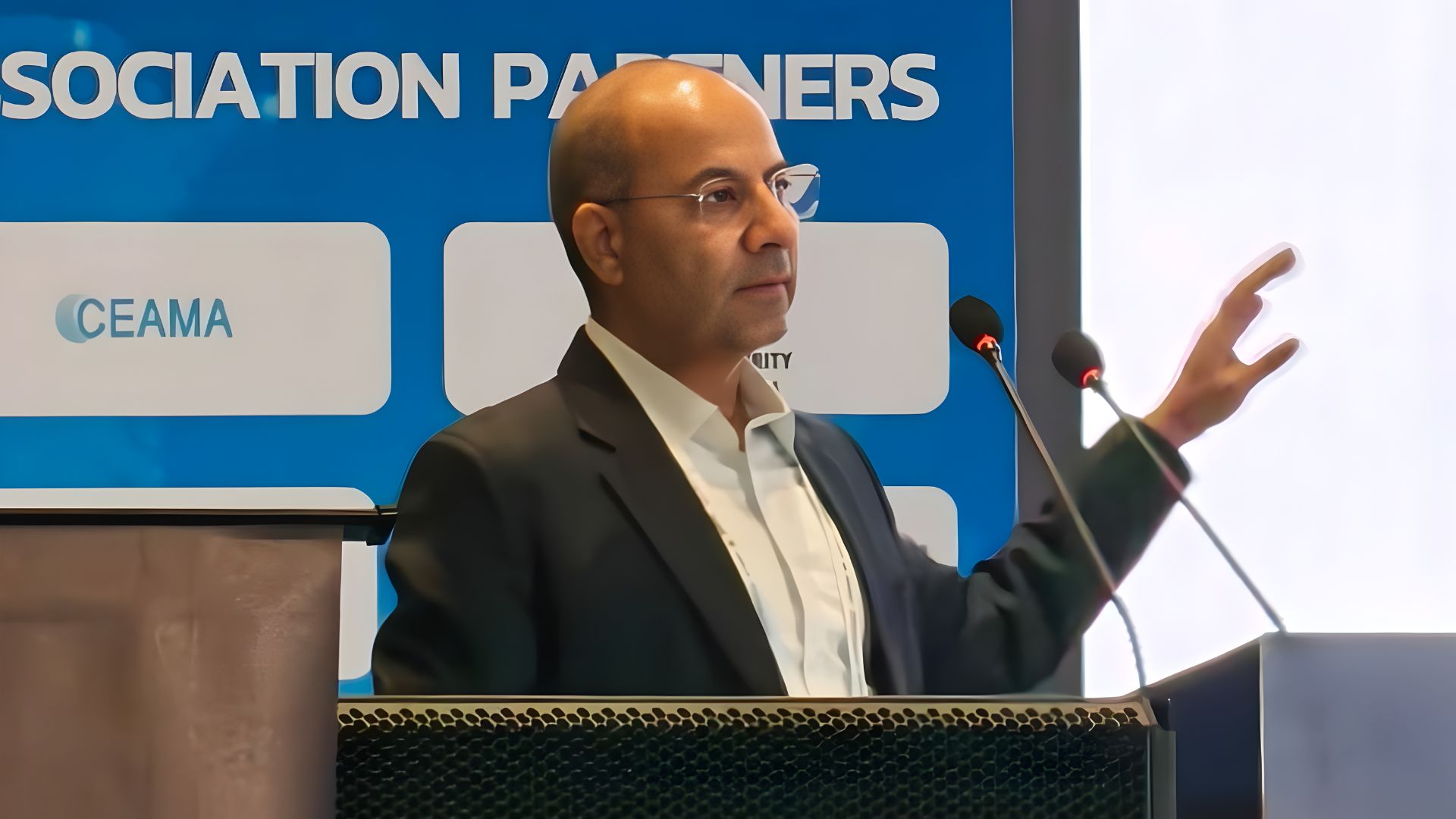
After the formal inauguration and registration, the conference officially began on October 30th with a keynote by Sunil Chandna, CEO & Co-Founder of Stellar Data Recovery (BitRaser). His talk, titled “The 5 Big Growth Drivers in Indian Device Refurbishment Industry,” highlighted how the country’s growing digital infrastructure, affordability trends, and sustainability goals are shaping the future of refurbished electronics.
Next came a lively panel on WEEE challenges, moderated by Chetan Pathak from Customized Energy Solutions. The session featured insights from S. Sreekala, Chairman of the Kerala State Pollution Control Board, and Dr. Siddhartha Gautam from the Delhi Pollution Control Committee. Their discussion explored the untapped opportunities and hurdles within India’s complex e-waste streams.
Data security, unsurprisingly, remained a recurring theme. Steven Batumalay, Co-Founder of Data Security Group, led a thought-provoking session titled “Securing the Digital Frontier: Cloud Growth, Data Centre Risks, and the Critical Role of ITAD in Global Data Protection.” He emphasized how the lifecycle of IT assets presents increasing risks for data breaches—something businesses can’t afford to overlook in a world where digital dependency is at its peak.
ESG and Circular Economy Panels
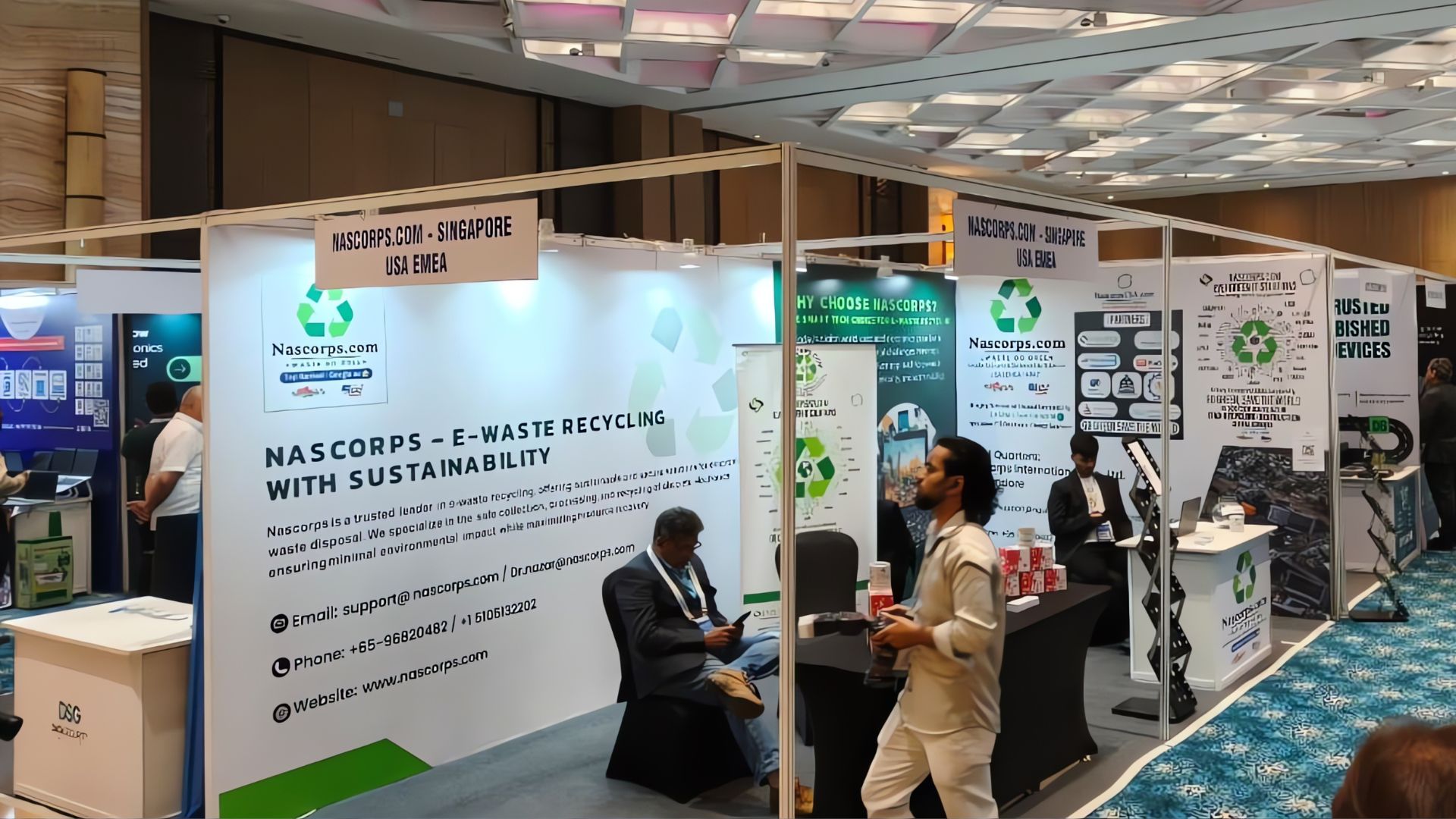
Following a networking lunch, the focus shifted toward traceability and circular commerce—both critical components of sustainable e-waste management. Raahul Tiwari of EcoEx presented an engaging talk titled “Where E-Waste Meets Circular Commerce,” emphasizing how businesses can bridge the gap between economic value and environmental responsibility.
Later, a panel on “Collection and Traceability in E-Waste Management” featured Amitava Sen of Resource E-Waste Solutions and Dr. Arup Kumar Misra, Chairman of the Assam Pollution Control Board. Their discussion brought practical insights into the challenges of implementing large-scale traceability systems across India’s diverse collection networks.
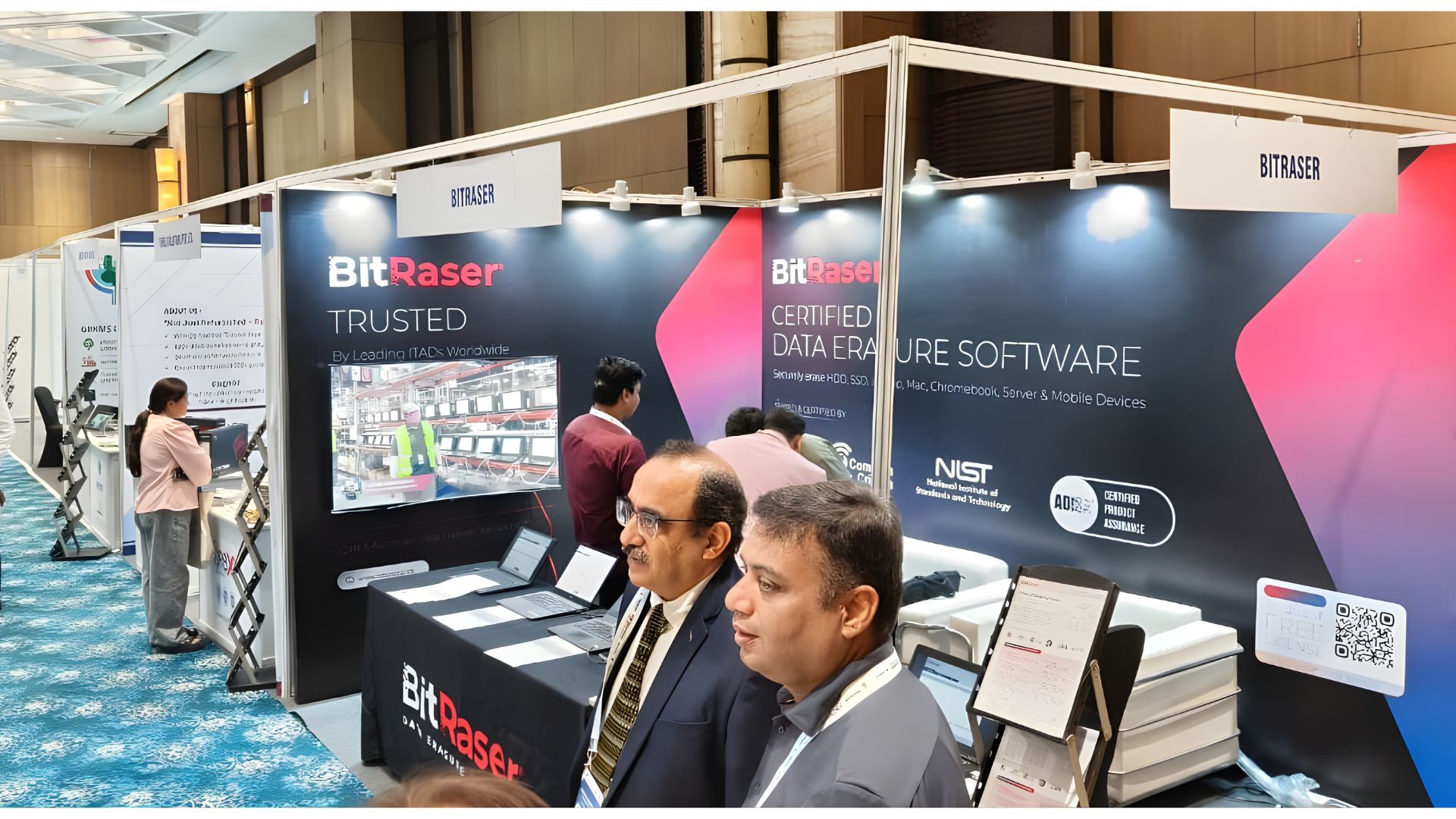
Another session, centered on “ESG, Carbon Footprint & Digital Governance,” featured experts like Indrejeet Singh from Deloitte, Abhinav Nakra from Attero Recycling, and Subhrajit Goswami from the Centre for Science and Environment (CSE). The speakers touched upon how corporations can move beyond compliance and integrate sustainability deeply into their governance models.
The day’s final panel, moderated by Sumit Monga of Lenovo, explored “Positioning India as a Global Leader in Electronics Refurbishing.” It brought together voices from across the tech landscape, including Kshitin Nagarkar from Microsoft, Vishesh Handa from NewJaisa, and Srinivasu Moturi from Voltas. Together, they discussed evolving standards, regulatory frameworks, and the opportunities India has to set global benchmarks in sustainable electronics management.
The first day concluded on a lighter note with a vibrant “Djembe Night” networking event, giving participants the chance to connect.
Related FAQs
What is ITAD?
ITAD, or Information Technology Asset Disposition, refers to the process of securely and responsibly reusing or disposing of outdated or unwanted IT equipment.
What is WEEE?
WEEE stands for Waste Electrical and Electronic Equipment—a category that includes all discarded electronic devices, from smartphones and laptops to large appliances like refrigerators.
Who attended the ITAD & WEEE 2025 meet?
Attendees included leading CEOs, co-founders, and government officials from various State Pollution Control Boards such as Kerala, Assam, and Delhi, alongside representatives from major corporations like Microsoft, Lenovo, Deloitte, and Stellar Data Recovery.
What were the main topics at the Delhi e-waste summit?
Discussions centered around device refurbishment, data security in data centers, e-waste collection and traceability, ESG compliance, carbon footprint reduction, and strategies to position India as a global leader in electronics refurbishing.

